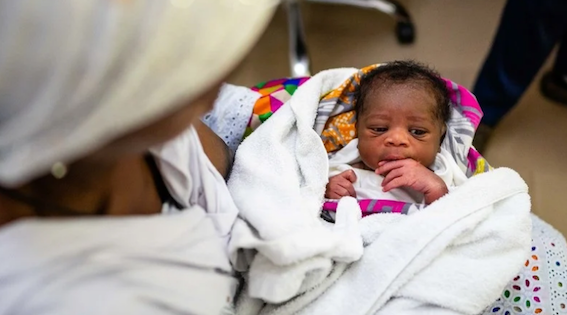WHO seeks urgent need for vaccine to prevent deadly Group B streptococcus
November 05, 2021 | Friday | News
The global burden of Group B streptococcus is far higher than previously recognized
image credit- WHO
A new report from the World Health Organization (WHO) and the London School of Hygiene & Tropical Medicine (LSHTM) reveals the alarming global impact of Group B streptococcus (GBS) – a common bacterium that can be transmitted in the womb, during birth, or in the early weeks of life – leading to around 150,000 deaths of babies each year, more than half a million preterm births and significant long-term disability.
The report calls urgently for the development of maternal vaccines against GBS to reduce this toll, emphasizing they could be highly cost-effective – with significant health benefits – in all regions of the world.
An average of 15% of all pregnant women worldwide – nearly 20 million annually – carry the GBS bacterium in their vagina, usually without symptoms. It can then spread from a pregnant woman to her unborn baby in the womb, or to newborns during labour.
Currently antibiotic prophylaxis administered to a woman during labour is the main means of preventing GBS disease in newborn infants, if the bacterium is detected during pregnancy. However, even in regions with high prophylactic coverage, there remain significant health risks, since this intervention is unlikely to prevent most GBS associated stillbirths, preterm births, or GBS disease that occurs later after birth.
The report calls for researchers, vaccine developers and funders to accelerate development of an effective GBS vaccine that could be administered to pregnant women during routine pregnancy checkups.









